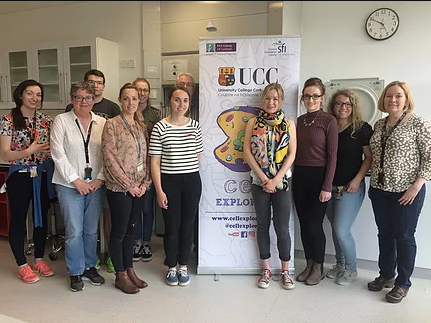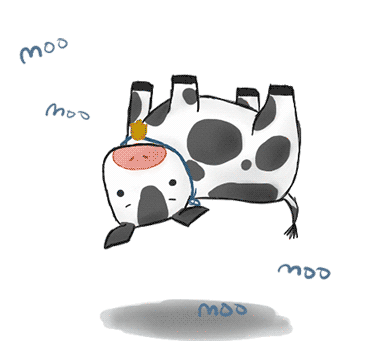
Engagement Summary:
The team contacted two groups in our community that would be impacted by our project; local dairy farmers and a micro-distiller. By contacting local dairy farmers we were granted an insight into how our project be applied in their work. A biosensor that can detect antibiotics precisely, quickly and inexpensively would take great pressure off farmers, who would worry that their home tests were inadequate, causing penalties from regulatory authorities. Our goal to create an easily accessible biosensor for antibiotic contamination in food products such a milk would provide a benefit to producers in less developed or regulated countries to test their produce with an ultimate goal to reduce antibiotics in the human food chain. With methanol poisoning still a worldwide cause of death and disability, producing a similarly inexpensive and accessible biosensor for methanol could save lives. Both deemed our projects ethical and of potential benefit regarding regulations and healthcare.

Collaboration
We skyped iGEM teams in Newcastle and Exeter, and exchanged information about cell free systems and our methods with EFPL Switzerland.
3rd year Pharmacy and Biochemistry information session on iGEM
Eoin and Ellen gave a talk to the 3rd year UCC Pharmacy students, and Chloe and Dan talked to the 3rd year UCC Biochemistry students about iGEM. The aim of this information session was to inform the students about UCC iGEM and the possibility to take part next year. We explained our project in great detail, explaining concepts like synthetic biology and biosensors. After the talk we took questions. Overall this experience was very beneficial to us as it gave us experience presenting in front of larger audiences and tested our ability to explain details of our project. On the other hand it was beneficial for the 3rd year students as it informed them about summer science research projects and encouraged them to get involved
Outreach and Community Engagement

Team members Chloë, Ellen and Brandon joined up with the Cell Explorers, a community who’s aim is to get children at primary level interested in biochemistry. After being trained by the Cell Explorers from NUIG, the Cell Explorers from UCC attended the local Glasheen Boy’s school to show them how to extract DNA from bananas, and teaching the boys the basics of cell biology. Our team also gave informative talks to our own Universtity students, speaking the members of the school of pharmacy and school of biochemistry on different occasions about what our research entailed. A poster of the mathematical modelling results was presented to the college of Science, Engineering and Food Science in UCC to encourage mathematical students to consider bioinformatics.
Visit to a Microdistillery
Upon arrival at the micro distillery, we were initially given a short tour of the facility. This consisted of a main storage area with equipment for future developments (whiskey) and labelling machinery. Here we enquired about the value of our biosensor to Kieran’s business. We were informed that during his business set-up, they hoped to test the first batch of Poitín. However, they found it extremely difficult to find someone in Ireland who would test for them, as most larger companies have their own lab for testing. They would have to send a sample abroad for testing. Kieran said he believed there would definitely be a market for inexpensive, rapid testing for methanol in alcohol.

While it is not an issue for his gin distillation, as the process starts off with 96% ethanol, Kieran said the biosensor would certainly be useful in months to come as they began their whiskey distillation process. We were told that generally a producer can tell immediately by taste and smell that there is methanol contamination in a batch, however this is obviously lacking in qualitative and quantitative parameters.
Kieran noted that methanol testing is dependent on the revenue officer of the distillery, making it a regulatory requirement for some. An example of Black’s distillery in kinsale was used as their production process was delayed by months when they were required to test their produce. We were shown the different flavourings that are added to the gin and shown the distiller machine. Any distillate found to have methanol in it is discarded immediately, for both taste and safety.











